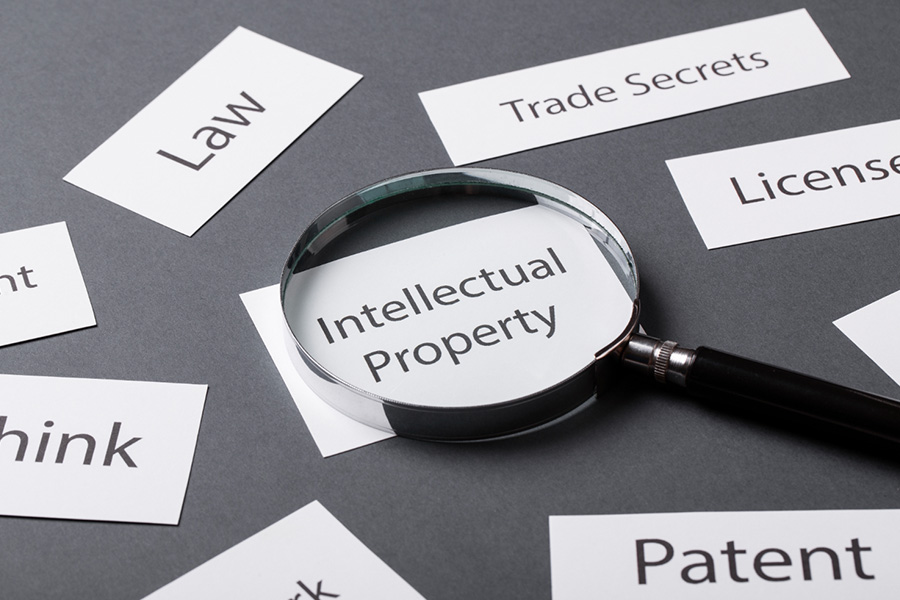
It is high time to re-evaluate the existing copyright and intellectual property rights (IPR) frameworks due to the rapid integration of generative AI (GenAI) into industries and society that can easily replicate or transform copyrighted materials, raising ethical and legal concerns.
Authors
Adil S. Al-Busaidi, Innovation and Technology Transfer Center, Sultan Qaboos University, AlKoudh, Muscat, Oman; Department of Business Communication, Sultan Qaboos University, AlKoudh, Muscat, Oman
Raghu Raman, Amrita School of Business, Amrita Vishwa Vidyapeetham, Amritapuri, Kerala 690525, India
Laurie Hughes, School of Business and Law, Edith Cowan University, JO 2.331, 270 Joondalup Drive, Joondalup WA 6027, Australia
Mousa Ahmed Albashrawi, IRC for Finance and Digital Economy, King Fahd University of Petroleum and Minerals (KFUPM), Dhahran, Saudi Arabia; ISOM Department, KFUPM Business School, King Fahd University of Petroleum & Minerals, Dhahran, Saudi Arabia
Tegwen Malik, Digital Futures for Sustainable Business & Society Research Group, School of Management, Swansea University Bay Campus, Wales, UK
Yogesh K. Dwivedi, ISOM Department, KFUPM Business School, King Fahd University of Petroleum & Minerals, Dhahran, Saudi Arabia; IRC for Finance and Digital Economy, King Fahd University of Petroleum and Minerals (KFUPM), Dhahran, Saudi Arabia
Thuraiya Al- Alawi, Innovation and Technology Transfer Center, Sultan Qaboos University, AlKoudh, Muscat, Oman
Mohammed AlRizeiqi, Innovation and Technology Transfer Center, Sultan Qaboos University, AlKoudh, Muscat, Oman
Gareth Davies, Institute of Management and Health, University of Wales Trinity Saint David, Wales, UK
Mark Fenwick, Faculty of Law, Kyushu University, Fukuoka, Japan
Parul Gupta, Business and Corporate Law, Management Development Institute Gurgaon, Mahrauli Road, Gurugram, Haryana, 122007, India
Shashikala Gurpur, Symbiosis International (Deemed University), India
Apeksha Hooda, Assistant Professor, Jindal Global Business School, O P Jindal Global University, Sonipat, Haryana, India
Paulius Jurcys, Vilnius University Law Faculty, Lithuania
Daryl Lim, Penn State Dickinson Law, Carlisle, Pennsylvania, USA
Nicola Lucchi, University Pompeu Fabra, Barcelona, Spain
Tanvi Misra, Intellectual Property Lawyer with Expertise in Copyright Policy and Governance, Consulting with Governments and Private Agencies, Delhi, India
Ramakrishnan Raman, Symbiosis International (Deemed University), India
Anuragini Shirish, Université Paris-Saclay, Univ Evry, IMT-BS, LITEM, 91025, Evry-Courcouronnes, France
Paul Walton, Capgemini UK Ltd, UK
Summary
The rapid integration of generative AI (GenAI) into industries and society has prompted a re-evaluation of copyright and intellectual property rights (IPR) frameworks. GenAI’s ability to produce original content using data from human-created sources raises critical ethical and legal concerns.
Current copyright and IPR frameworks, designed around human authorship, are insufficient to address these challenges. This study, using a multi-perspective approach, explores GenAI’s disruptive potential in replicating or transforming copyrighted materials, challenging established IPR norms.
Findings highlight gaps in legislation and the opacity of GenAI platforms. To address these issues, this study presents a Dynamic Ethical Framework linked to a future global fair use policy, aiming to guide responsible GenAI development and use. By incorporating insights from domain experts, this study contextualizes emerging challenges and potential solutions within broader societal and technological trends.
That said, this study calls for international collaboration and further research to reform IPR related laws and frameworks, ensuring they remain relevant and equitable in a GenAI-driven era.
Published in: Journal of Innovation & Knowledge
To read the full article, please click here.

